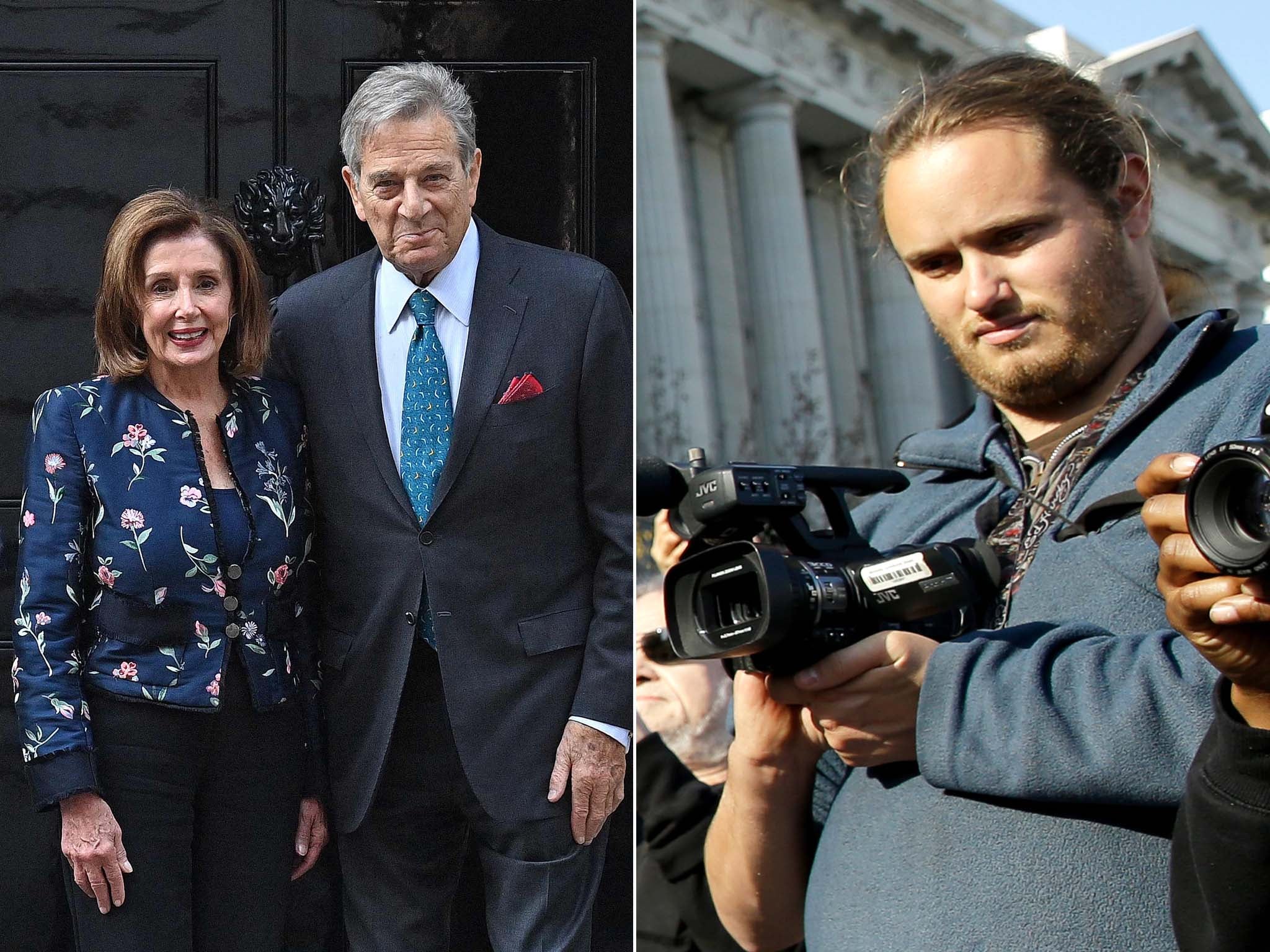After the Paul Pelosi attack, there’s been no soul-searching on the right
Many thought Glenn Youngkin, a seemingly benign Republican in a fleece sweater vest, would set an appropriate tone. That didn’t come to pass


Back in 2008, the late congressman John Lewis — whose skull was once fractured by police in Selma, Alabama — warned that John McCain and Sarah Palin’s rhetoric about then-Democratic nominee Barack Obama on the campaign trail mirrored that of segregationist Alabama governor George Wallace. That was not a comparison that Lewis drew lightly.
He later clarified his remarks, saying his words were a “reminder to all Americans that toxic language can lead to destructive behavior.” Nevertheless, the comparison infuriated McCain, who had previously admired Lewis. Years later, the Republican nominee, now remembered as the steward of a more responsible conservatism, said he would never forgive the late confidante of Martin Luther King Jr.
Both Lewis and McCain are now gone, but the lessons from that moment came into relief once again on Friday when a man broke into House Speaker Nancy Pelosi’s home and assaulted her husband with a hammer.
It has been reported the man was searching for the Speaker, who for the past decade or so has been a target for right-wing rage. Early reports suggested that he shouted, “Where is Nancy?” while confronting Paul Pelosi. If the Speaker was indeed the target, the assault on her husband looks like nothing short of an assassination attempt on the highest-ranking woman in the history of American politics.
But over the 14 years that have elapsed between Lewis’s warning about extremist rhetoric and the threat on Paul Pelosi’s life, the violent tenor of public discourse has only intensified. In 2010, plenty of Tea Party candidates alluded to violence; Nevada Senate candidate Sharron Angle mused publicly that “people are really looking toward those Second Amendment remedies.” The following year, Democratic congresswoman Gabrielle Giffords was shot in the head.
On the 2016 campaign trail, Donald Trump encouraged his supporters to attack protesters at his rallies, telling them, “If you see somebody getting ready to throw a tomato, knock the crap out of them,” while promising to pay for the resultant legal bills. Trump went on to allude to violence in 2020 during Black Lives Matter protests, saying, “When the looting starts, the shooting starts.” That’s a well-worn mantra in American politics that Wallace, the segregationist governor of Alabama, also paraphrased during his 1968 presidential campaign. And in the end, it was Trump’s constant poking and prodding of his furious base that culminated in the lethal riot at the Capitol on January 6.
To be clear, political violence in America is hardly new. The most popular musical on Broadway for many years — Hamilton — told the true story of one Founding Father shooting another. In 1856, pro-slavery Representative Preston Brooks infamously caned abolitionist Charles Sumner in the US Senate chamber, injuring him so badly he could not serve for the next three years. The Republic nearly split because of slavery, plunging it into a catastrophic civil war, and lynchings and racial pogroms were widespread in the decades that followed.
Nor do Republicans have a monopoly on recent political violence. In 2017, James Hodgkinson, an alleged supporter of Senator Bernie Sanders, opened fire at Republicans practicing for the annual congressional baseball game, seriously injuring Congressman Steve Scalise. Earlier this year, a would-be assailant attacked Congressman Lee Zeldin, a Republican candidate for governor.
But the crucial difference is in the party’s reaction. Sanders vocally denounced his supposed fan’s behavior, and Joe Biden denounced the attack on Zeldin. Conversely, GOP Representative Paul Gosar of Arizona last year tweeted an anime video depicting a character with his head killing another bearing the face of Congresswoman Alexandria Ocasio-Cortez. All but two Republicans — Representatives Liz Cheney and Adam Kinzinger, who are considered heretics — voted against censuring him.
And after the Pelosi attack, there is no sign of widespread contrition on the right. Plenty of Beltway pundits who likely live in Northern Virginia and commute into Washington expected that Glenn Youngkin, the first Republican to win the governorship in Virginia in a decade, would set a good example. Youngkin has sold the dream of a friendlier post-Trump GOP. His image of an upbeat suburban dad, happy in his fleece sweater vest, suggested something a little more compassionate and a little more responsibly conservative.
But not so. After news of the assault broke on Friday, Youngkin said of Nancy Pelosi at a rally for Republican candidate Yesli Vega: “There’s no room for violence anywhere, but we’re going to send her back to be with him in California.”
There are no signs that the “dangerous game” of which Lewis warned will subside anytime soon.
Bookmark popover
Removed from bookmarks